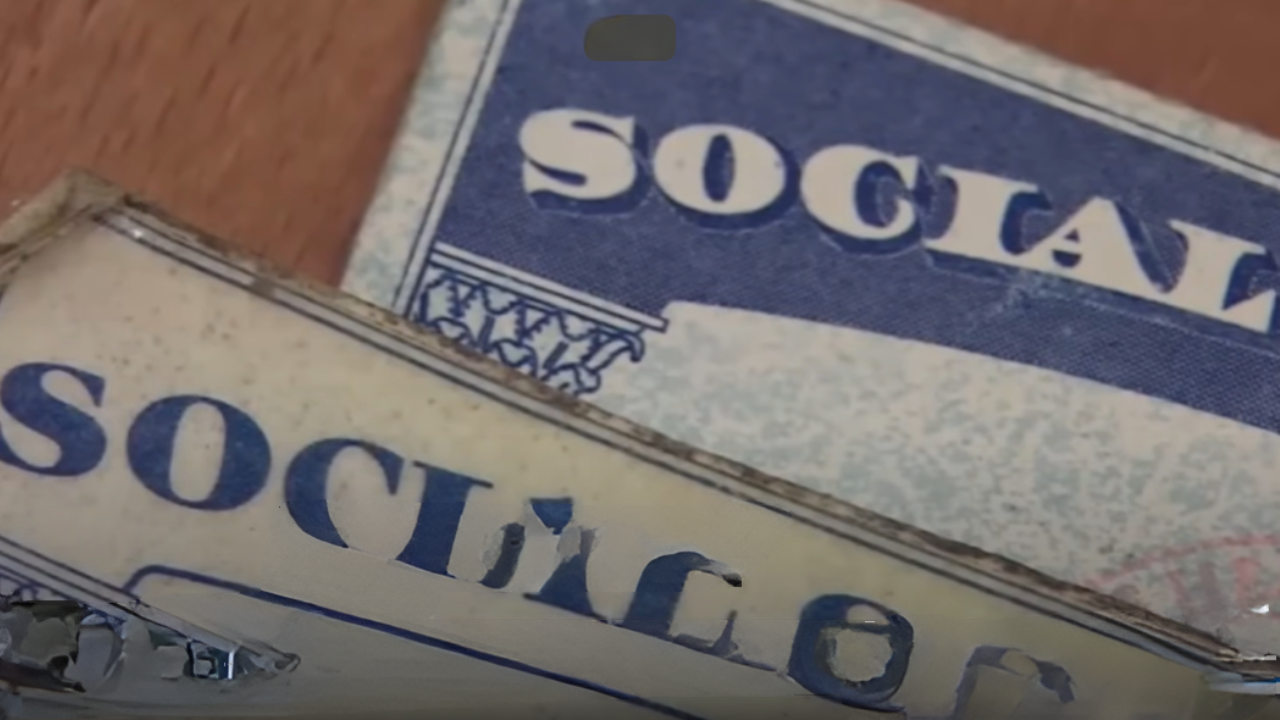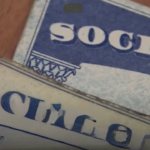Every American’s Social Security number is stolen by hackers: Report

- Reports claim that data was taken from National Public Data.
- After attempting to sell the data, hackers released it for free.
- According to experts, freezing your credit files is the most instant precaution.
Public activists worry that when a hacker gang managed to obtain the personal information of around three billion people, there may be a tsunami of identity theft.
A class-action lawsuit filed in federal court in Fort Lauderdale, Florida, claims that the theft occurred in April. The documents were allegedly taken by the hacker collective known as USDoD from National Public Data, which provides personal data to background check providers such as employers and private investigators.
The majority of the material was purportedly offered for free on an internet market for stolen personal data, although USDoD reportedly attempted to sell it for $3.5 million. It states that it has 2.9 billion records with personal information from Americans, Canadians, and British citizens.
Use the Social Security calculator to calculate your monthly benefits.
After looking through some of the material, a number of news websites stated that it seemed to contain information from actual people. Several requests for comments from the media have gone unanswered by National Public Data.
Each record includes a person’s name, mailing address, and Social Security number; some records may also contain other information, such as other names connected to the individual, according to the website Bleeping Computer.
According to experts, freezing your credit reports at the three main credit bureaus—Experian, Equifax, and TransUnion—is the most efficient thing you can do at the moment. This will stop other people from obtaining credit cards or starting other accounts under your name.
A nationwide public data breach may have compromised 2.9 billion people. What You Should Know Is As follows
If your data has been compromised, there are numerous actions you may do to prevent thieves.
After significant data breaches this year that affected Ticketmaster and AT&T, reports this week indicate that billions more identities may have been exposed by another malware.
According to Bloomberg Law, Jerico Pictures’ background check company National Public Data is thought to have been the target of a cyberattack carried out by the cybercriminal organization USDoD.
The hack is said to have compromised the personal information of 2.9 billion individuals. A new case filed in Florida Southern District Court claims that among the personal information stolen by hackers are Social Security numbers, full names, and addresses from decades ago.
The complaint states that the cache of data was offered for sale on the dark web in April for $3.5 million, however the exact details of the data breach are still unknown.
The complaint claims that National Public Data has not yet notified the victims of the breach about the compromise of their data. Only on July 24th, through a notification from his identity theft protection service, did the plaintiff become aware of the intrusion.
CNET’s requests for comments were not immediately answered by National Public Data or Jerico Pictures.
There are more and more instances of data breaches. The Identity Theft Resource Center reports that in the first half of 2024, there were over 1,500 data breaches that affected around 1 billion people. There are actions you can take to protect your personal information if you’re concerned about this most recent data breach.
How to safeguard your identity following a compromise in data
Your identity won’t be stolen just because a data breach exposed your information. But if you’re eventually targeted, bad actors will have more detailed profiles on you.
Fortunately, if your data is hacked, there are many things you can take to safeguard your identity.
Modify your password.
The first thing you should do if you find out about a data breach is to change the password on the impacted account to prevent any unwanted access. It’s a good idea to update any other accounts you have where you use the same password.
Creating a different password for every online account is a recommended practice. Try using a password manager to secure your passwords if you’re having trouble managing this.
Be wary of attempts at phishing and smishing.
Be cautious of deliberate attempts by fraudsters to obtain personal information from you through phishing and smishing. Because social media and the internet have so much information about us, fraudsters are more skilled at creating convincing deception schemes to trick unsuspecting victims.
It’s crucial to avoid clicking on odd links in emails or on your phone as this may cause your devices to download harmful software.
Additionally, avoid giving out your Social Security number or financial account details to random people as this might result in identity theft or illegal access to your bank accounts.
Enroll in identity theft protection.
If you’re genuinely worried about having your identity stolen, it might be worthwhile to enroll in identity theft protection. Monthly premiums for individual coverage range from $7 to $15. Plans for families are also offered.
Services like Aura, CNET’s #1 choice for protecting against identity theft, check your credit and bank account activity, search the dark web for personal information, and scan for it. The best identity theft protection providers will assist you in regaining your identity and offer insurance to replace any lost money and required costs in the event that your identity is stolen.









